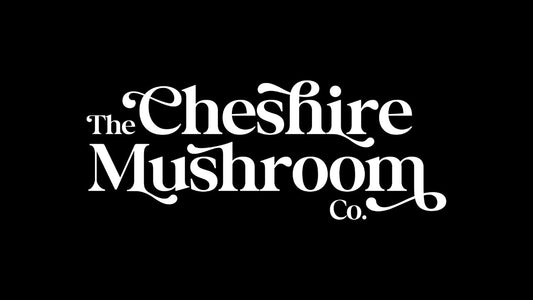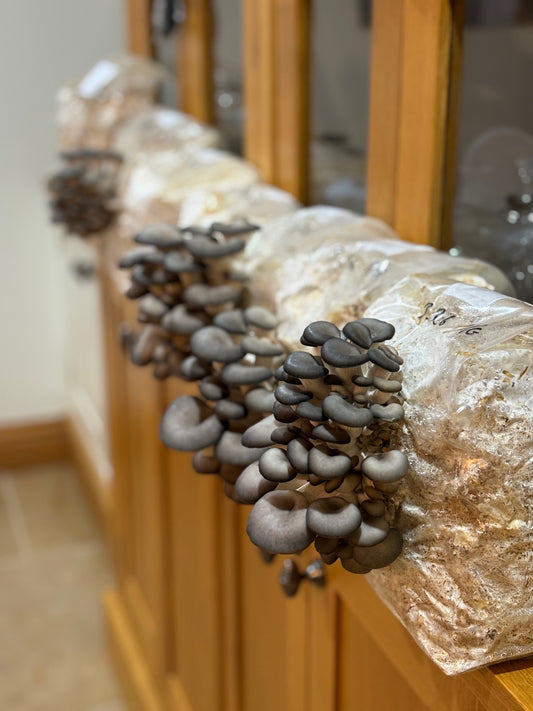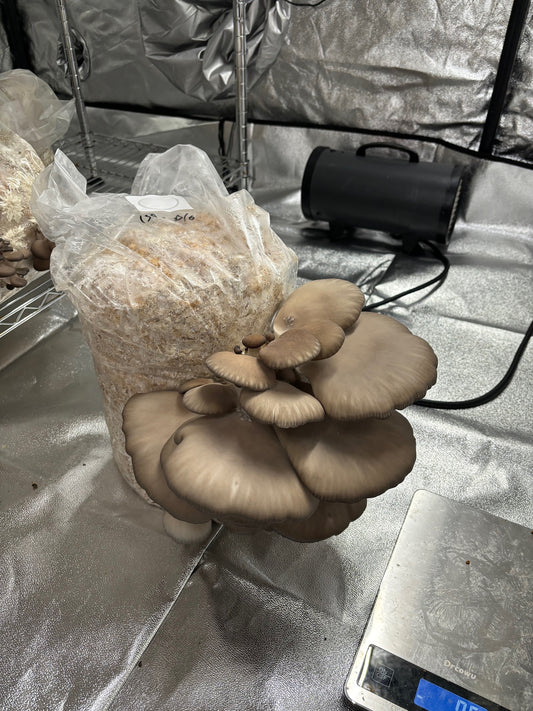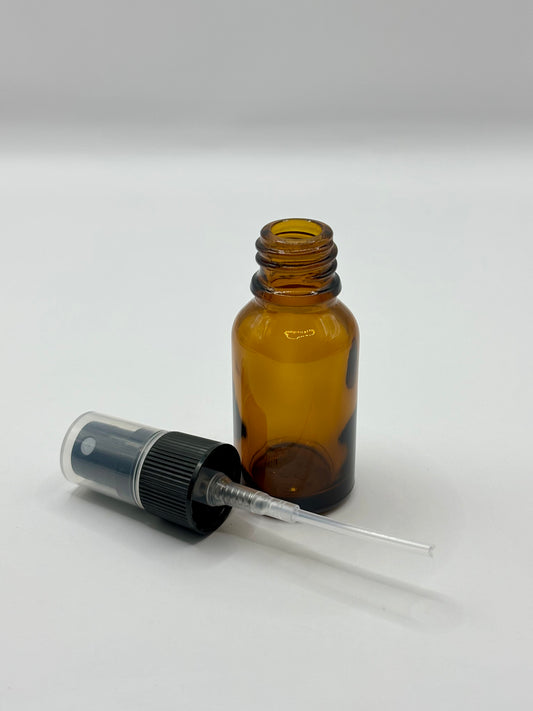Why has the West become fascinated with fungi? Why has it taken us so long to do so? What even is a mushroom…?
The year is 1997. The floor is linoleum. The fashion is jegging, preferably corduroy-based. The food? Tinned. Overwhelmingly, tinned. Tinned tomatoes, tinned beans, spaghetti hoops, either garden or mushy peas and - lest we forget - the sliced button mushroom. Tinned, in brine.
Childhood memories of these anaemic, flaccid, tinned button mushrooms aren’t usually fond. There they’d be, piled up on the side of your plate: slimy, translucent, threatening. You’d hope that - if you just ignored them for long enough - they’d somehow disappear and you could tuck into your overcooked McCains in peace. They never did.
These unpleasant memories of squelchy mush have stayed with most of us so far into adulthood that the thought of mushrooms as a gourmet delicacy seems laughable. Mushrooms have slipped (aptly enough, given their slippery tinned ways) into the ‘yucky, avoid’ category of ‘weird healthy stuff that no one ever really liked anyway’.
The majority of Eastern cultures though, and Indigenous cultures worldwide, have always hailed mushrooms as potent sources of life. They give life, enhance life, and - if you’re not careful around some species - have the power to take life away.

Reishi mushroom tea is just as standard a daily tipple as green tea across the Eastern world. Reishi is known as ‘the mushroom of immortality,’ so powerful are its immune health benefits for humans.
Lion’s Mane mushroom is also a standard staple in home-cooked dinners across the East. Lion’s Mane has been proven to enhance brain health in humans, as well as act as a preventative measure against deleterious neurological conditions such as Alzheimer’s and Dementia.
Health benefits also abound in shiitake, enokitake, maitake, oyster. There are countless species of mushroom in the traditional Eastern diet that enhance specific aspects of human health. When taken together, there’s nothing else out there like it. Mushrooms are a human superpower.
Why, then, isn’t everyone shouting from the mushroom rooftops about them here in the Western world? Ignorance, mainly. Traumatic memories of tinned sliminess, definitely. The ever-present arrogance of Western self-importance, absolutely.

Our culture is so dismissive of plant power, fruit power, fungi power - and of anything that isn’t inherently European.
Unless it’s been altered, added to, chemically preserved, we assume that the power of the natural world is unfit for purpose. We simultaneously dismiss anything the East reveres as inferior, to our magnificent Western detriment.
We’ve become so removed from the source. So processed. So packaged up in plastic. We forget that all our medicine stems from either plant or fungal sources. Penicillin being the most famous example, discovered in a strain of fungi back in 1928.
Where else, indeed, would anything otherwise stem from? The natural world is the only solid thing we humans have to work with. It’s our source of power. It’s our source of everything. It is all we have.
Ancient Eastern cultures know this. Indigenous cultures know this. Modern Western culture forgets this at everyone’s peril.

Fungi is one of the earliest examples of life we know about. Mushrooms existed long before trees, and certainly long before humans.
But what exactly is a mushroom? Find out in part two of our Why Mushrooms? series.
Ciao for now,
The Cheshire Mushroom Co.









